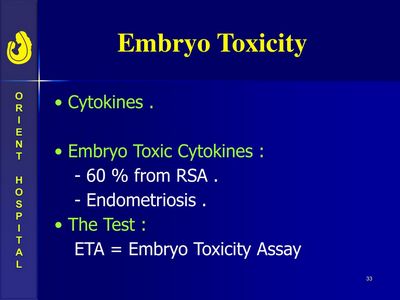The MTHFR gene is one of two essential for proper functioning of the body’s enzyme system, Methylenetetrahydrofolate reductase.

This enzyme breaks down the homo-genital methyl groups that are found in red blood cells and hemoglobin. When these molecules become too abundant they can damage the DNA strands.
A mutation in Methylenetetrahydrofolate reductase can result in the accumulation of abnormal amounts of Homochromatin, a protein component of red blood cells that provides protection from oxidative stress. This accumulation causes anemia and increased risk for certain types of cancer. In some people, an MTHFR gene mutation causes a deficiency of the enzyme that converts Homochromatin into Methylene tetrahydrofolate (MTHF), a molecule that keeps Homochromatin from being deposited on the DNA strands. This can cause a condition known as Methylenetetrahydrofolate Deficiency Syndrome (MTDS), where low levels of Methylenetetrahydrofolate are detected.
Two most common forms, or subtypes, of MTHfr mutation: A1297C and C677T. M mutations in the MTHFR gene occur in about 25% of Caucasians and about 10% of Hispanics. Mutations in MTHfr genes occur in very rare cases, usually resulting in extremely high blood homocystine levels, which can contribute to a variety of different health problems, including:
Homochromatin itself is not necessarily a problem in itself. It is produced to the point where it forms a thin layer on the surfaces of red blood cells and hemoglobin and protects the DNA strands from damage. When this protective layer becomes too thick however, the molecules are unable to reach their destination on the DNA strands to break down the homo-genital methyl groups that are then released.
When there is an inadequate supply of Homochromatin the cells’ ability to produce healthy levels of Methylene Tetrahydrofolate is impaired. Methylenetetetrahydrofolate is produced in high concentrations in red blood cells and other blood vessels, where it is necessary to support the body’s production of energy. When there is a lack of Methylene Tetrahydrofolate is not produced, leading to low levels of the nutrient. The deficiency can result in fatigue, muscle weakness, skin inflammation, hair loss, poor vision problems, nerve dysfunction and other disorders. While these problems do not always manifest themselves immediately, they can over time.
To address the problem of the MTHfr gene mutation affecting health, researchers are looking for ways to increase Methylenetetrahydrofolate production, which will reduce the symptoms of some of the disease related to Methylenetetrahydrofolate deficiency and increase the levels of Methylenetetrahydrofolate in your bloodstream. One of the most promising approaches is using a combination of chemotherapy drugs called Methylcobalamin, Methylprednisolone and Methylcysteine.
Methylprednisolone blocks Methylcobalamin’s ability to metabolize Homochromatin, while Methylcysteine inhibits the ability of Methylprednisolone to metabolize Methylcysteine. Methylprednisolone and Methylcysteine are taken by mouth and are injected intravenously. It is possible to get a complete cure for Methyl Prednisolone or to reduce symptoms and side effects by stopping the treatment. In some cases, a short term or intermittent course of treatment may be necessary to help the patient through the initial phases of the therapy.
To help you determine if Methyl Prednisolone is right for you, talk to your doctor about Methyl Prednisolone. If there is no way to treat the MTHfr gene mutation and you are experiencing the symptoms associated with Methyl Prednisolone deficiency, there are other options available.
Another MTHfr gene mutation is a C-Cyanine. This gene mutation is very rare, affecting only one in every hundred thousand births. Although many children are diagnosed with C-Cyanine deficiency early on in life, the exact cause of C-Cyanine deficiency is unknown. Because there is no known treatment, the symptoms of C-Cyanine deficiency can continue into adulthood, without any improvement.
In adults, this C-Cyanine deficiency is usually associated with osteoporosis and the inability to absorb calcium. However, C-Cyanine deficiency may also lead to the production of kidney stones. Treatment is necessary to remove or reduce the amount of the hormone that is being produced in the kidneys, increasing absorption of calcium and preventing kidney stone formation. Kidney stone sufferers must speak with their doctors before beginning Methylprednisolone treatment.
Both Methylprednisolone and Methylcysteine can be administered by injection under the tongue or can be given as an oral supplement. For people who need Methyl Prednisolone treatment, there is no need to take additional doses of Methyl Prednisolone daily. Because of the long list of benefits, doctors often prescribe Methylprednisolone for patients who need to treat Methyl Prednisolone and other MTHfr deficiencies.